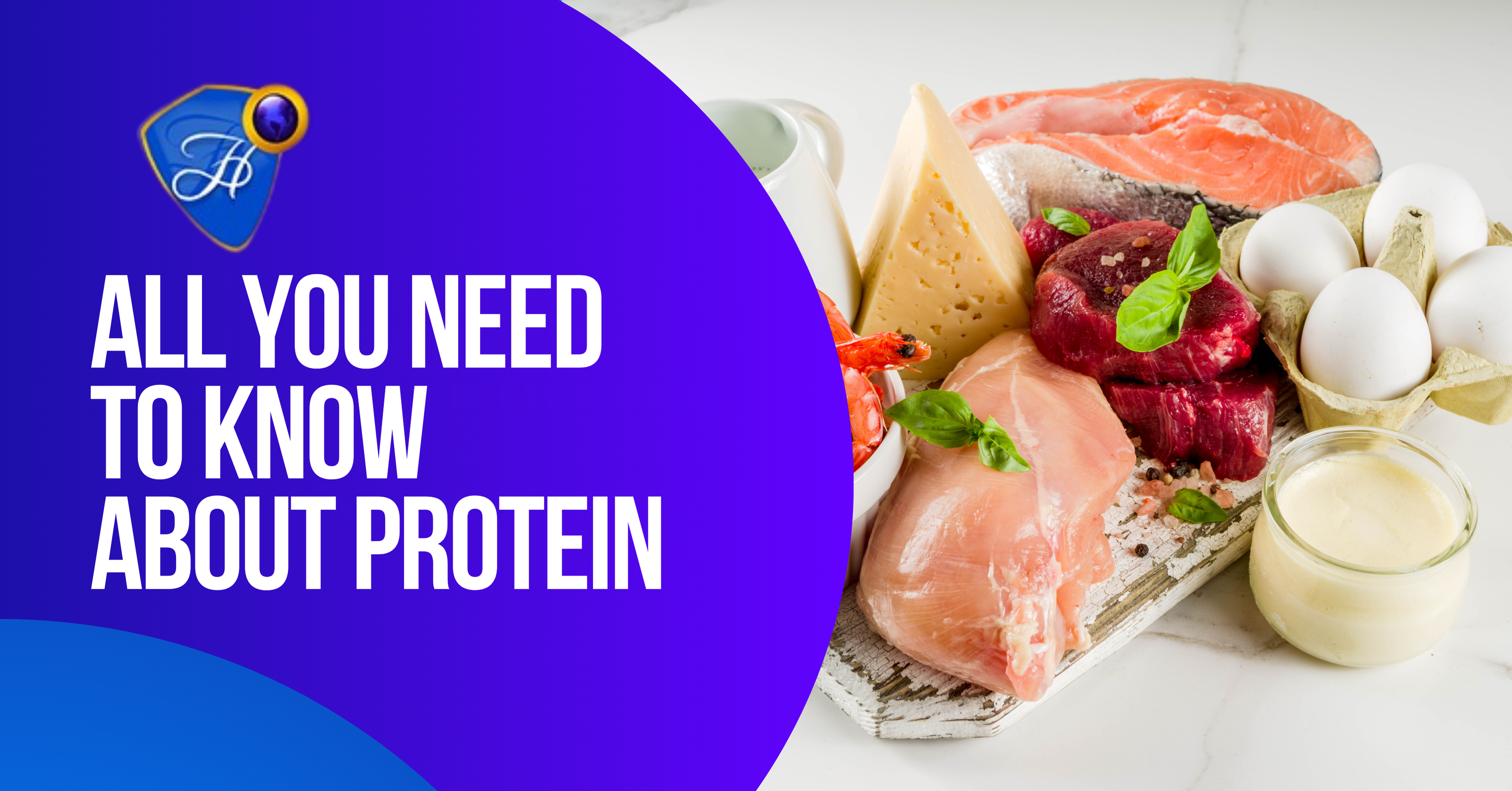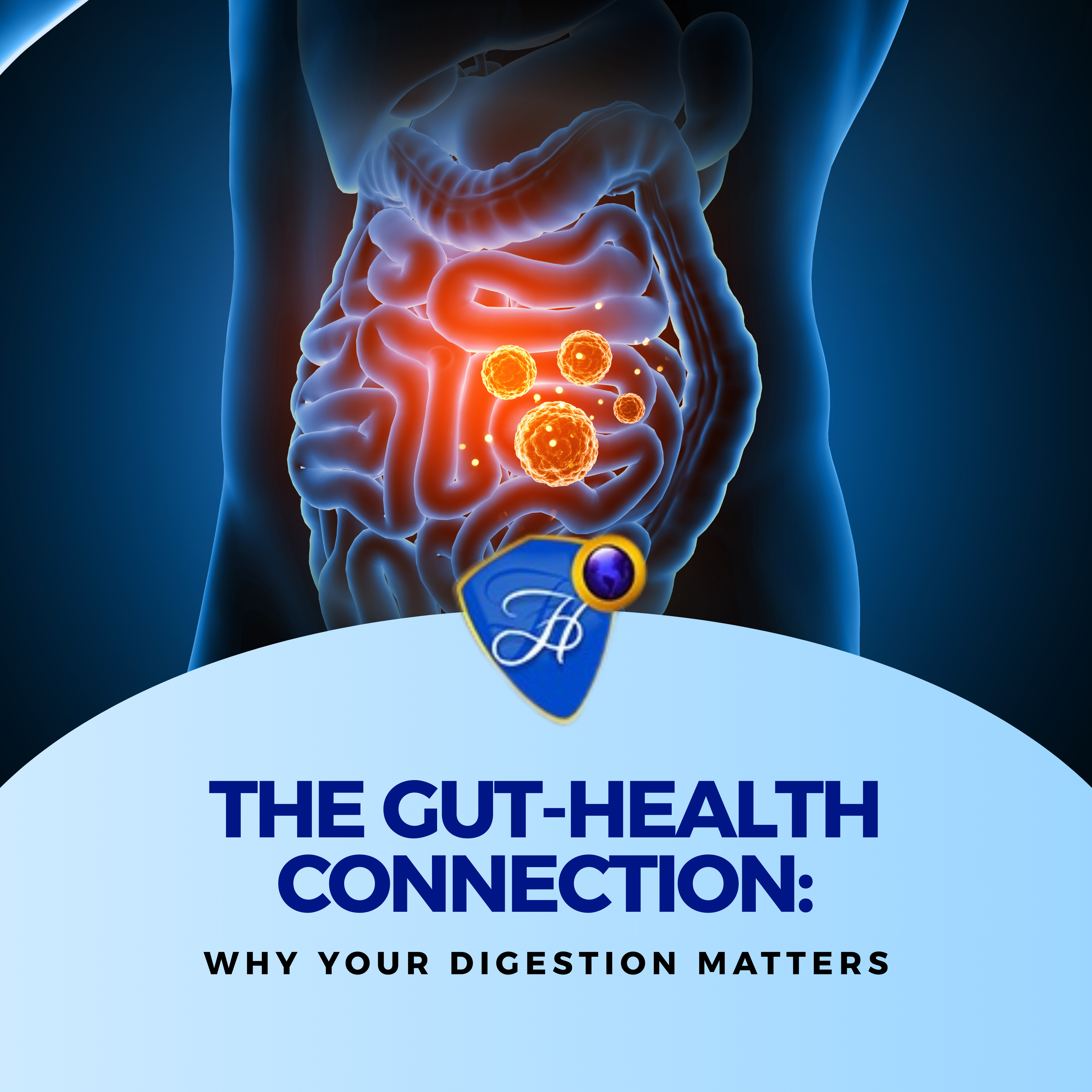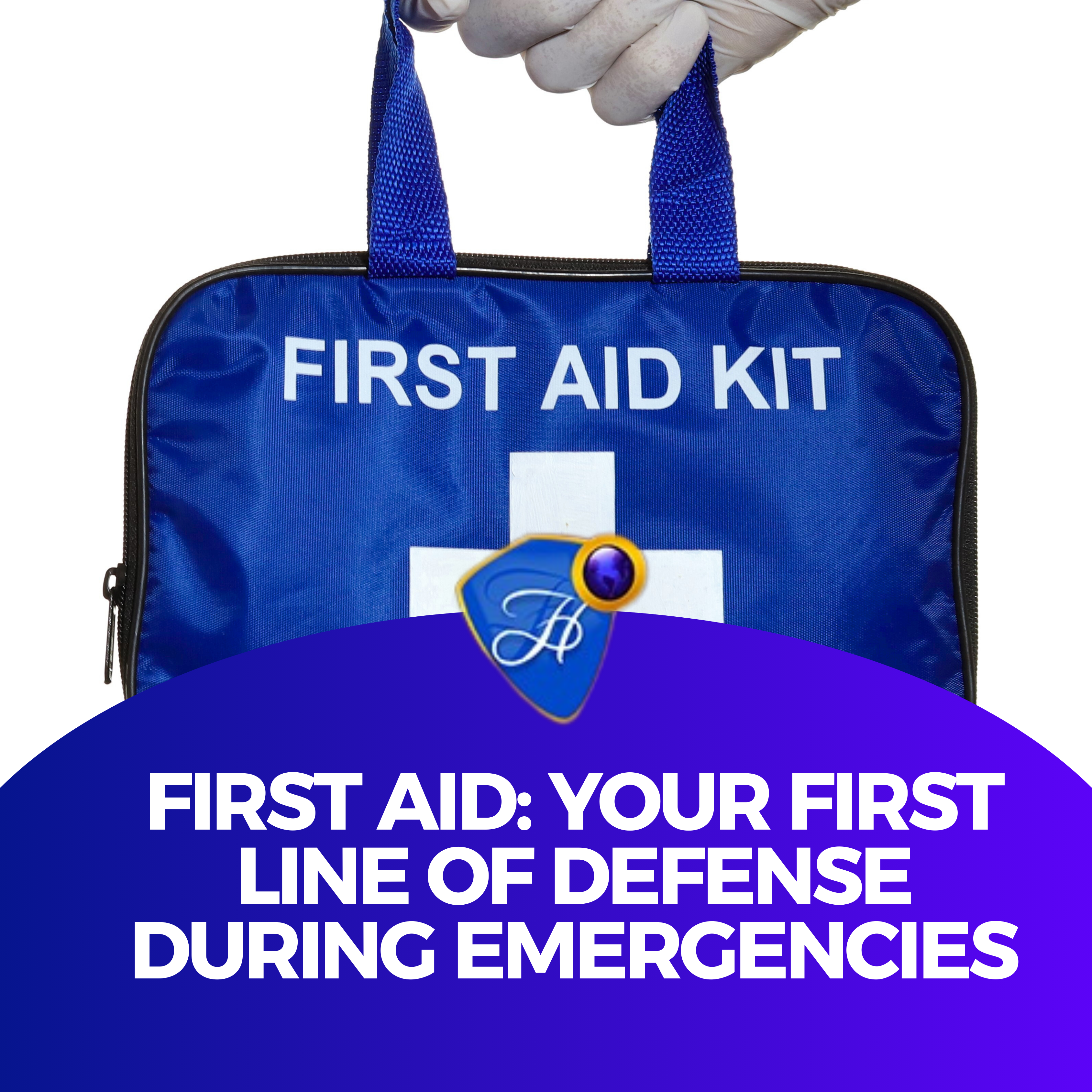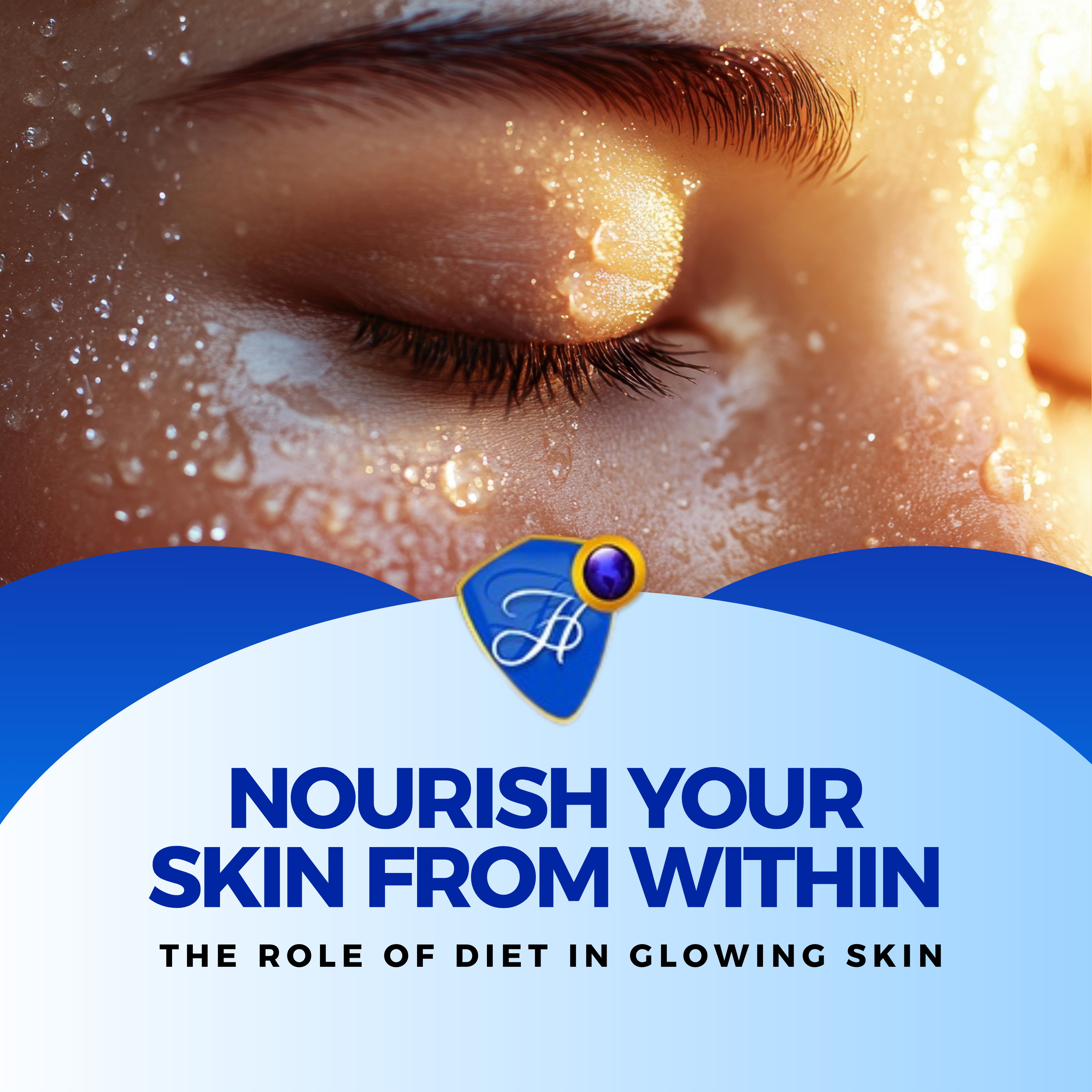ALL YOU NEED TO KNOW ABOUT PROTEIN
Protein is a naturally occurring substance that is present in all living organisms and it’s included in many essential biological compounds such as enzymes, hormones and antibodies. The body needs protein to remain healthy, and there are more than 10,000 different types of protein needed to help the body work as it should.
Proteins are found in everything, from tissues, muscles, and organs to hair, skin, and bones. Several processes that fuel energy and carry oxygen throughout the body require one form of protein or another. Proteins are also needed for making antibodies that combat infections and illnesses, keeping cells healthy, and creating new ones.
Many studies argue how much carbohydrates and fats one should consume, but most nutritionists, dieticians and health experts agree that proteins are vital in every diet.
SOURCES OF PROTEIN
Proteins are commonly found in animal products, but are also present in other sources, such as fruits, nuts, and legumes. The following are great sources of protein;
• BEANS AND LEGUMES: Beans and legumes have countless species and varieties, provide protein, fiber and vitamin B, and are commonly eaten around the world. Ideal meat replacements for vegetarians, beans and legumes also reduces cholesterol and blood sugar levels, thereby, increasing healthy bacteria in the stomach. Common options include chick peas, lentils, peas, kidney beans, peanuts, black beans, soybeans, pinto beans, etc
• MEAT AND FISH: These are the go-to food groups for protein and fats. Poultry, especially chicken and turkey, provides readily-available, low-fat options for protein, and can easily be added to other foods, after being cooked in numerous ways of your choice. Fish and other seafood, whether dried, smoked, fried, canned in oil, etc., provide protein in savory and delicious variants. Beef, veal, lamb (& mutton), venison, goat, and pork are also excellent protein sources.
• WHOLEGRAINS: Though typically considered for their high-carbohydrate content, these wholegrains also pack a healthy helping of protein. Examples are; quinoa, oats, kamut (wheat berries), teff, whole wheat, wild rice, millet, couscous, and buckwheat.
• ANIMAL PRODUCTS: Eggs and milk are the main food derived directly from animals, and they are super healthy and protein-rich. Milk is further processed into butter, yoghurt, and cheese, which have protein in varying degrees.
• NUTS: Whether as a snack or an addition to a meal, are delicious, protein-rich foods that are handy and versatile. Popular options include almonds, walnuts, pistachios, pecans, hazelnuts, pine nuts, and cashews.
• FRUITS: You probably never thought of it, but some fruits are a sweet way to introduce an extra dose of protein to your diet. The protein is in small amounts, but every little bit counts. Guava, avocado, jackfruit, kiwi, apricot, blackberries, raspberries, raisins, bananas, grapefruit, oranges, and cherries all have protein, ranging from 2-5 grams in every 100 grams
THE HEALTH BENEFITS OF CONSUMING PROTEINS
Protein-rich foods are typically very filling and reduce ghrelin (the hormone that causes hunger), thus reducing appetite for food. This makes such foods ideal for your weight regulation plans.
• Proteins help build and increase muscle mass and strength. Adequate protein intake is vital for avoiding muscle loss, especially for the physically active.
• Proteins are highly beneficial to healthy bones, as they help maintain bone mass, thus reducing risks that are related to aging, such as fractures and osteoporosis.
• High protein consumption boosts metabolism, thus using up calories. Researches have shown that people on a high-protein diet burned 260 calories more and that is equivalent to one hour of moderate-intensity excise
Proteins improve heart health by reducing LDL fa cholesterol, blood pressure, and triglycerides (a type of fat found in the blood).
• Your body will recover faster from injuries if you eat more protein, as it helps the body to repair itself.
Protein is undeniably one of the most essential nutrients for the human body. From building and repairing tissues to supporting immune function, aiding digestion, and maintaining strong bones and muscles, its benefits are both wide-ranging and foundational to overall health. Whether you're an athlete striving for peak performance, someone managing a health condition, or simply seeking to maintain a balanced diet, ensuring adequate protein intake is key. So, make it a priority to include this powerhouse nutrient in your daily diet and enjoy the lasting health benefits it brings.























Comments
Eleanor Fant
One’s of the best template out of there. design, code quality, updates etc everything you needs guys, buy it you won’t regret it!
Alexander Ljung
This theme is super awesome! But I had one small issue with link option in parallax portfolio. The other day!
Shahnewaz Sakil
His many legs, pitifully thin compared with the size of the rest of him, waved about helplessly as he looked
Leave A Comment
Kindly note that your comment/reply will first be approved before it appears above